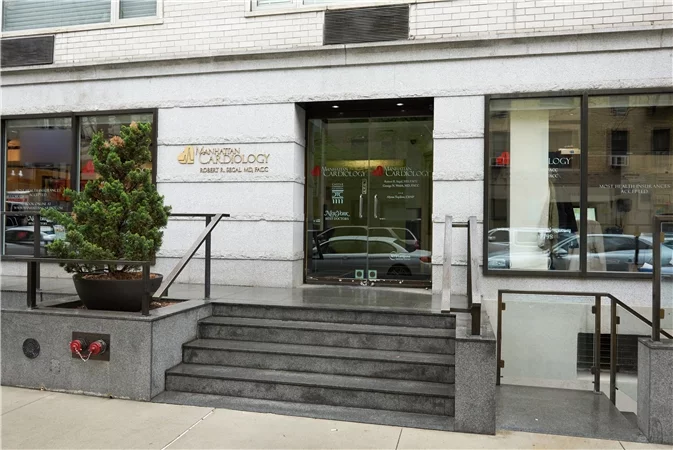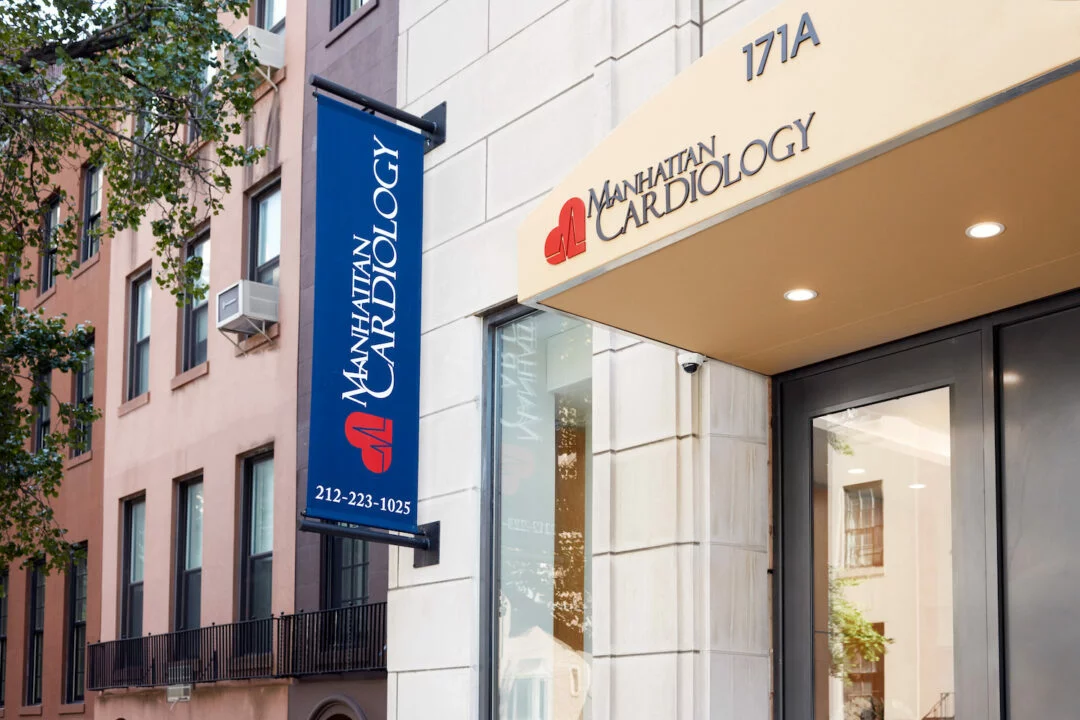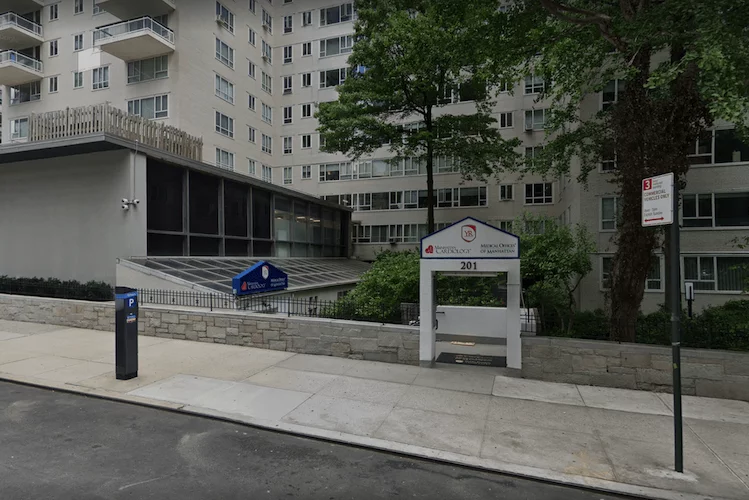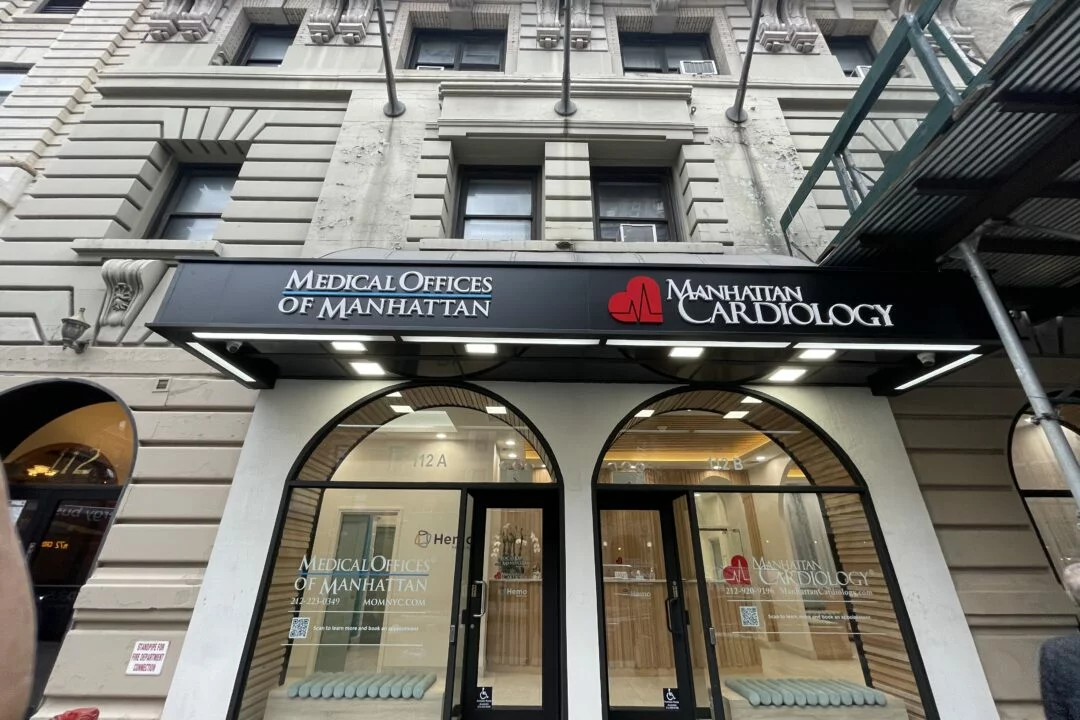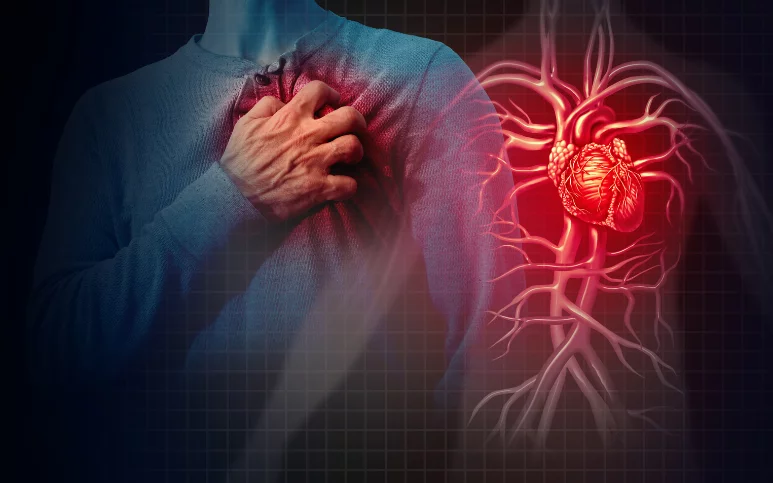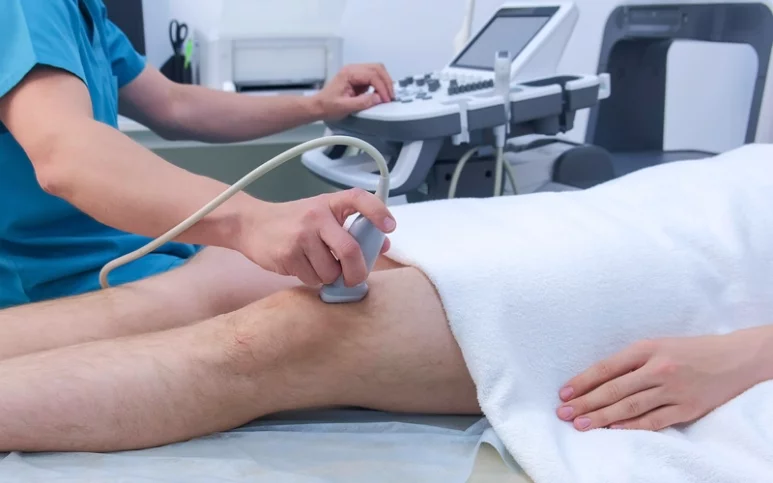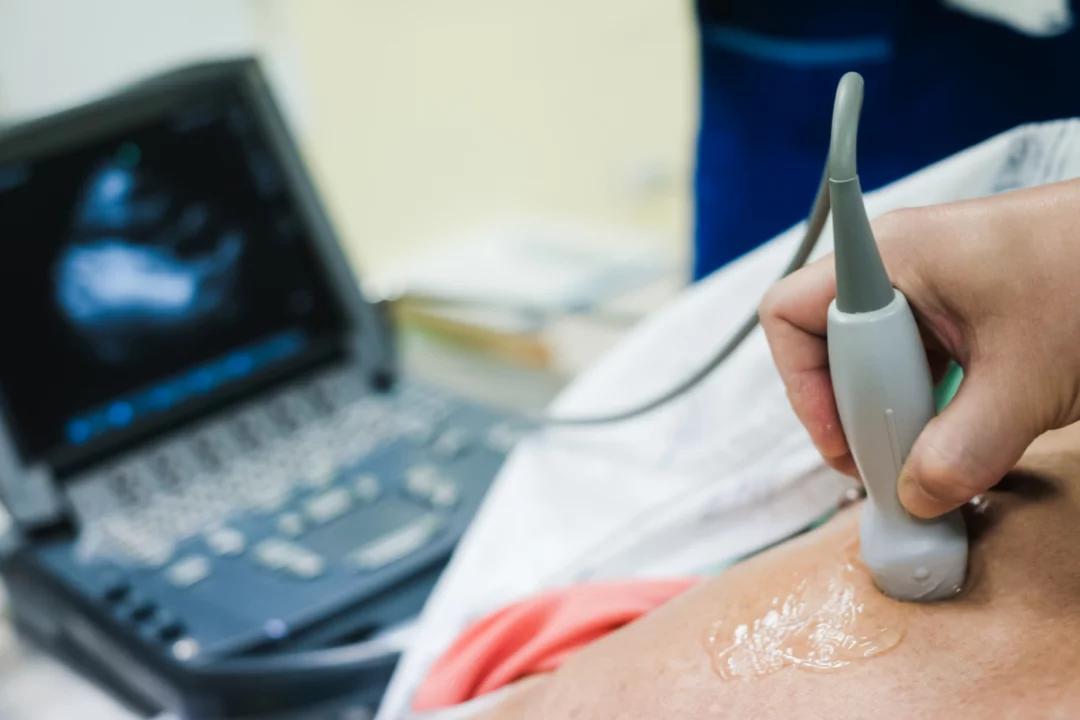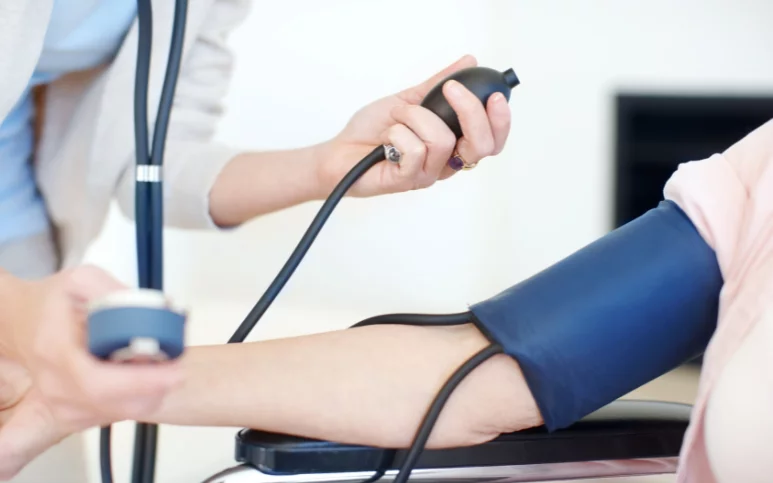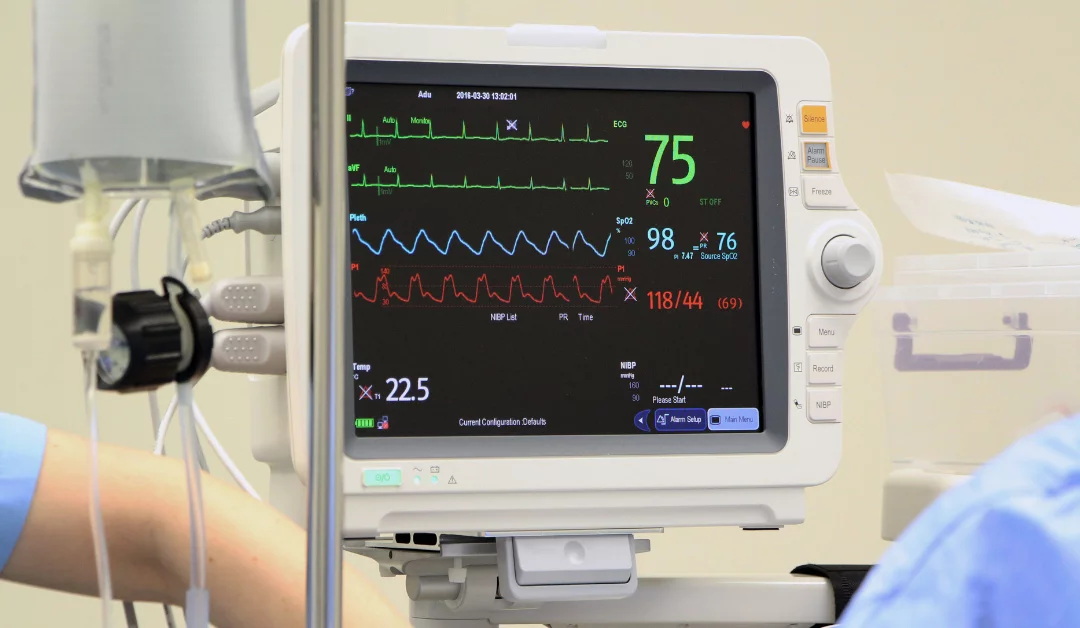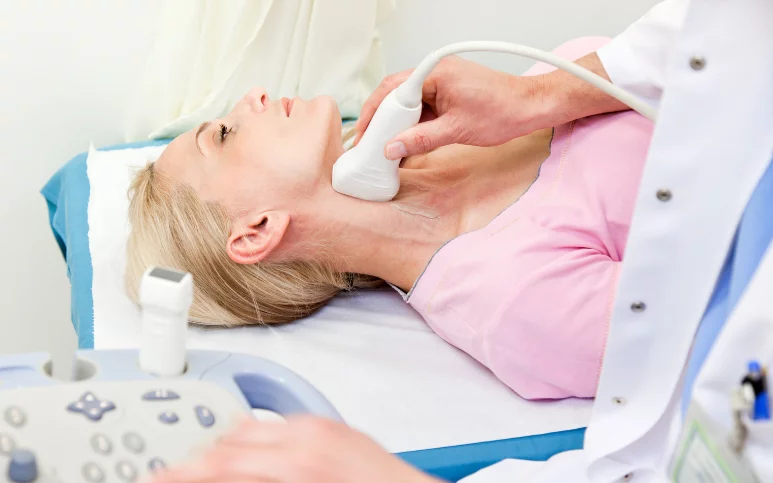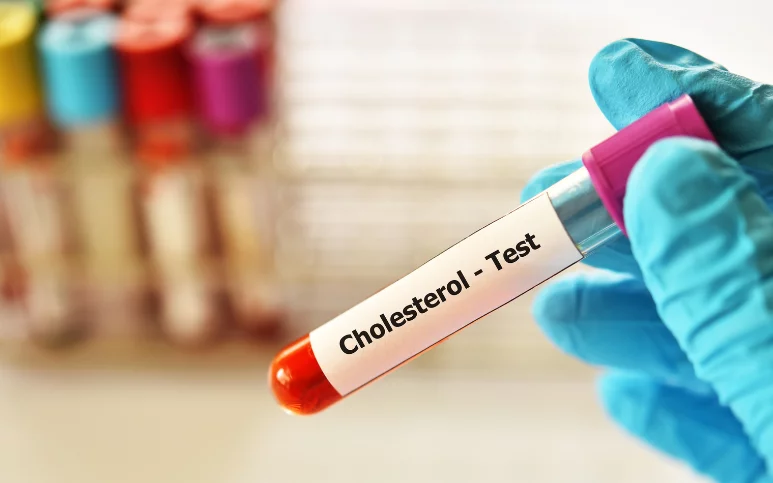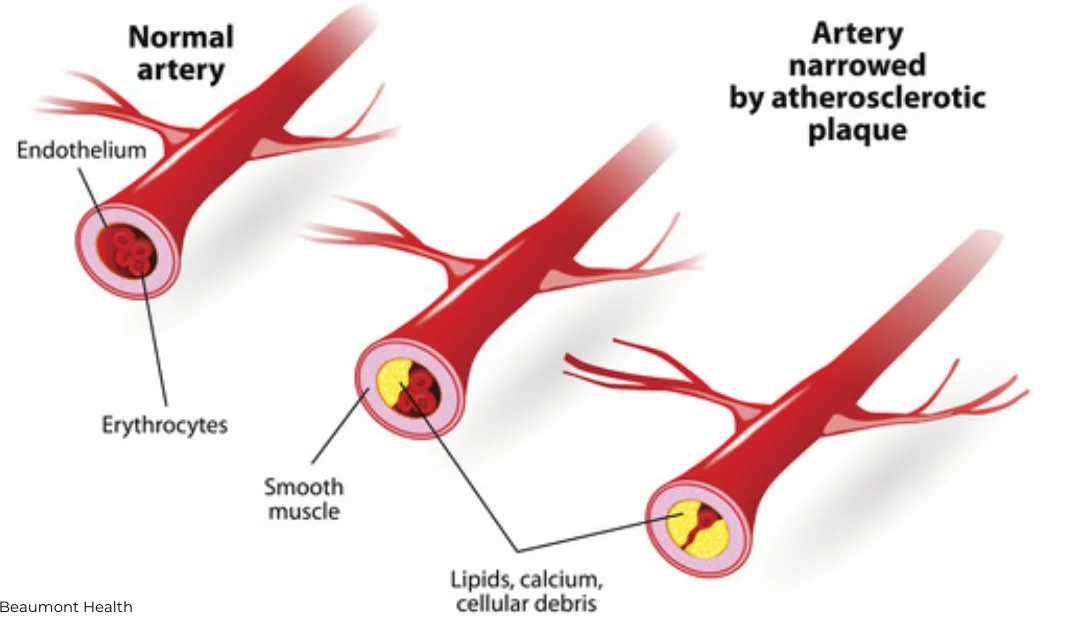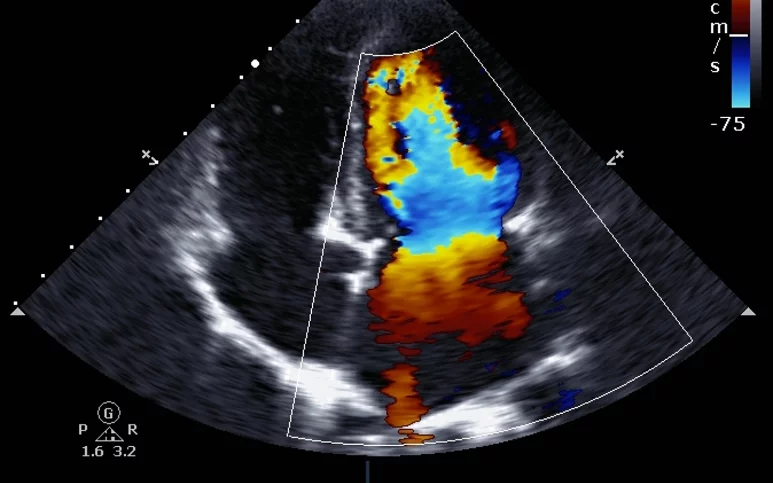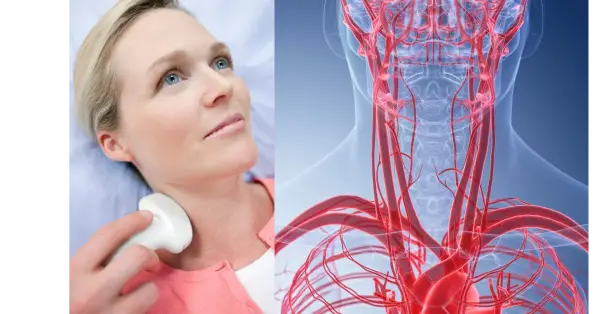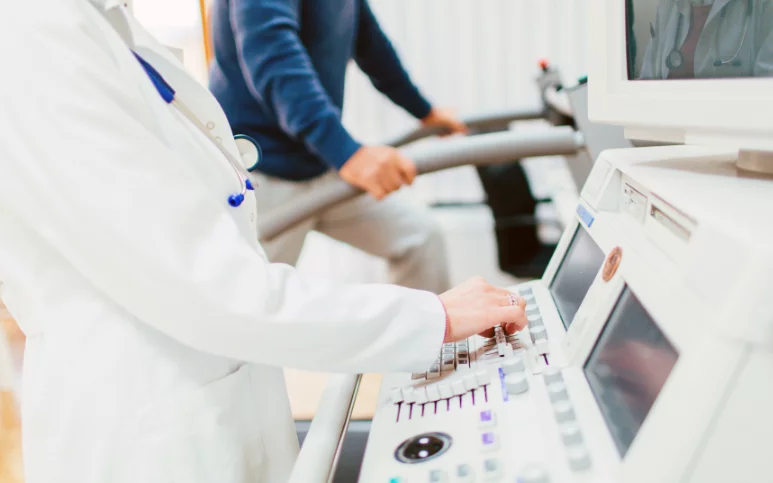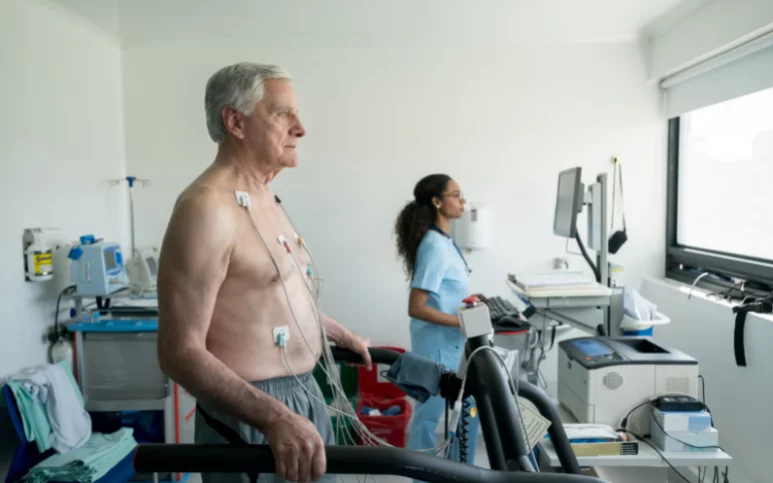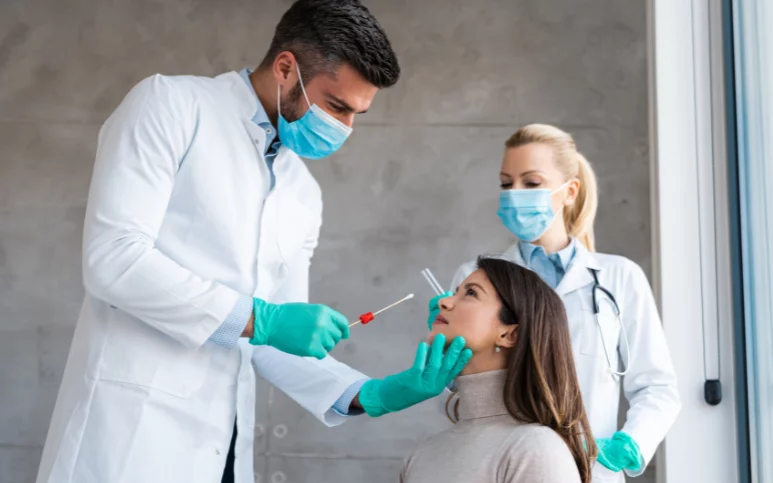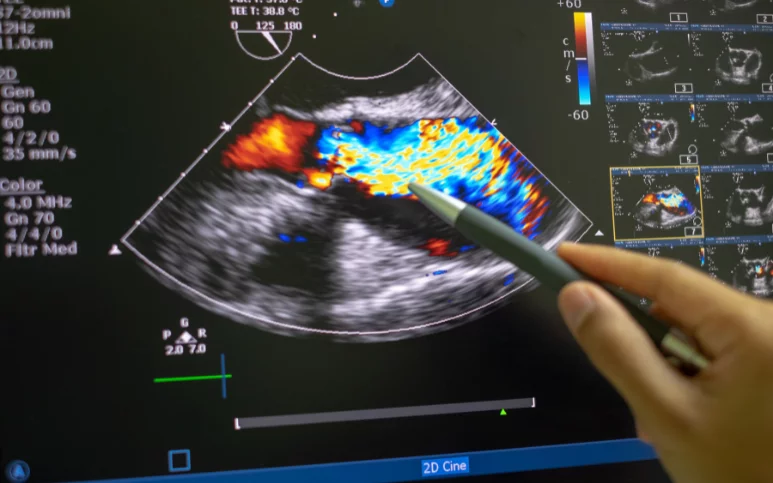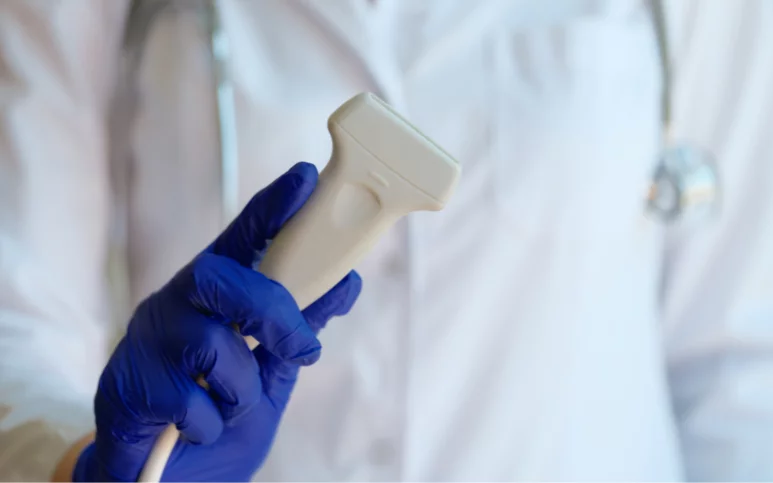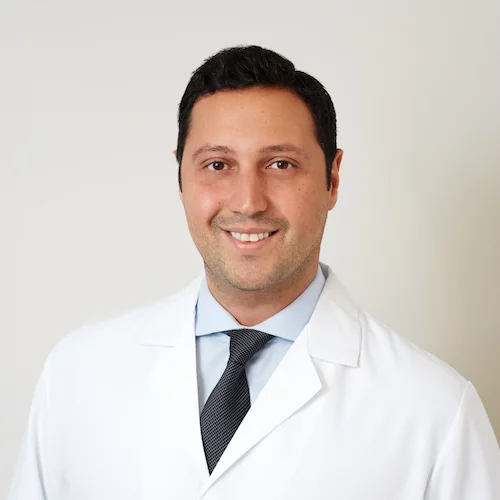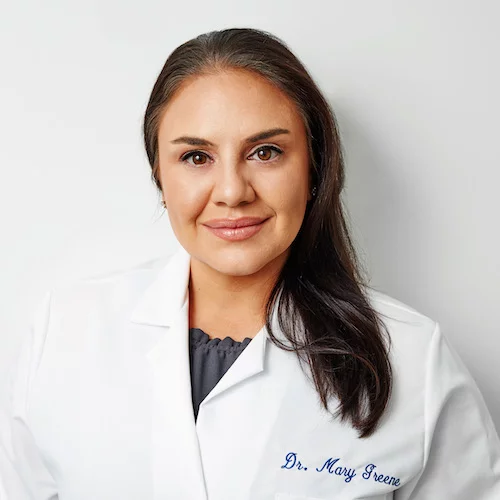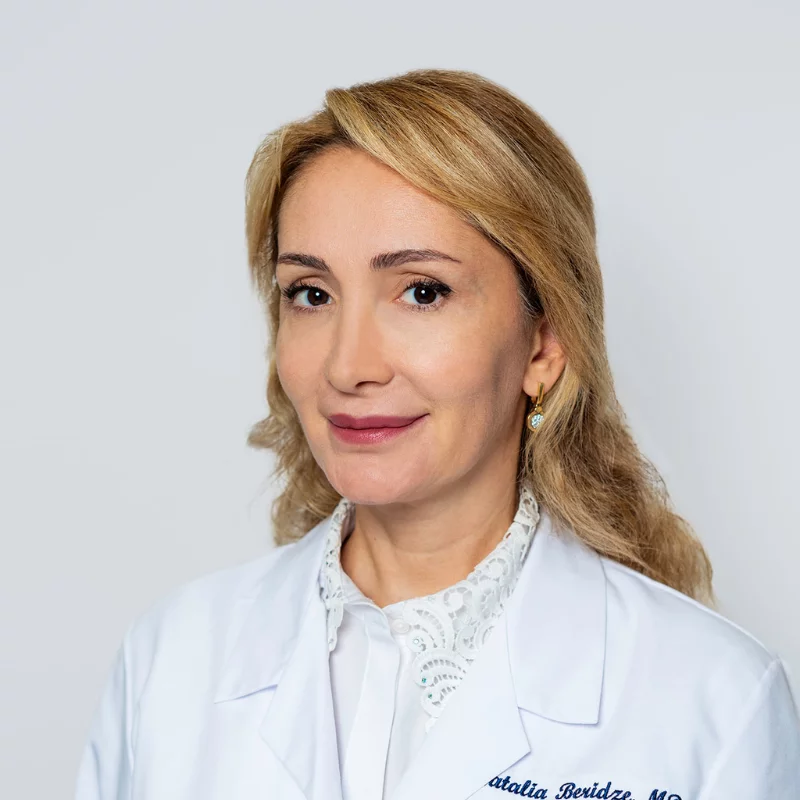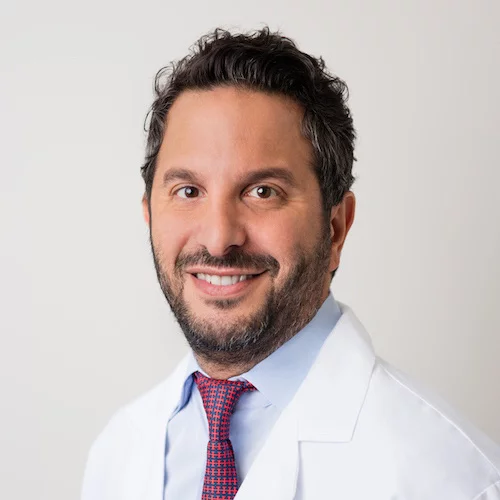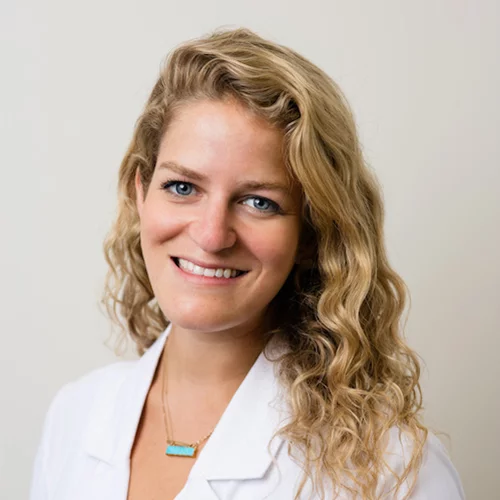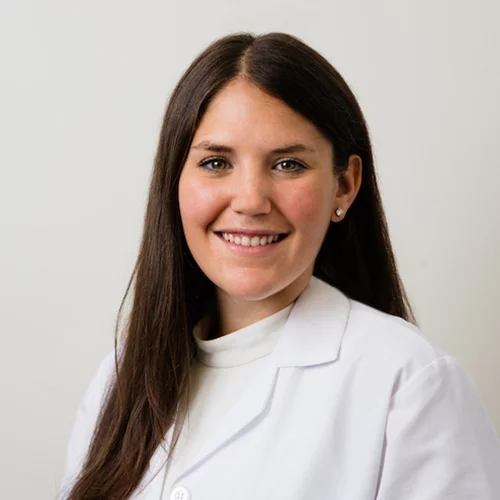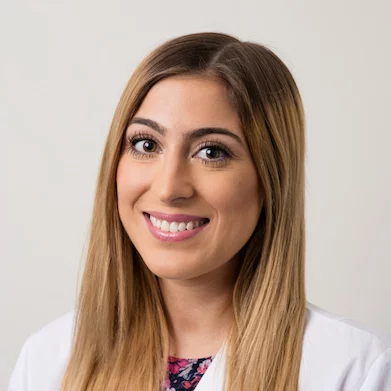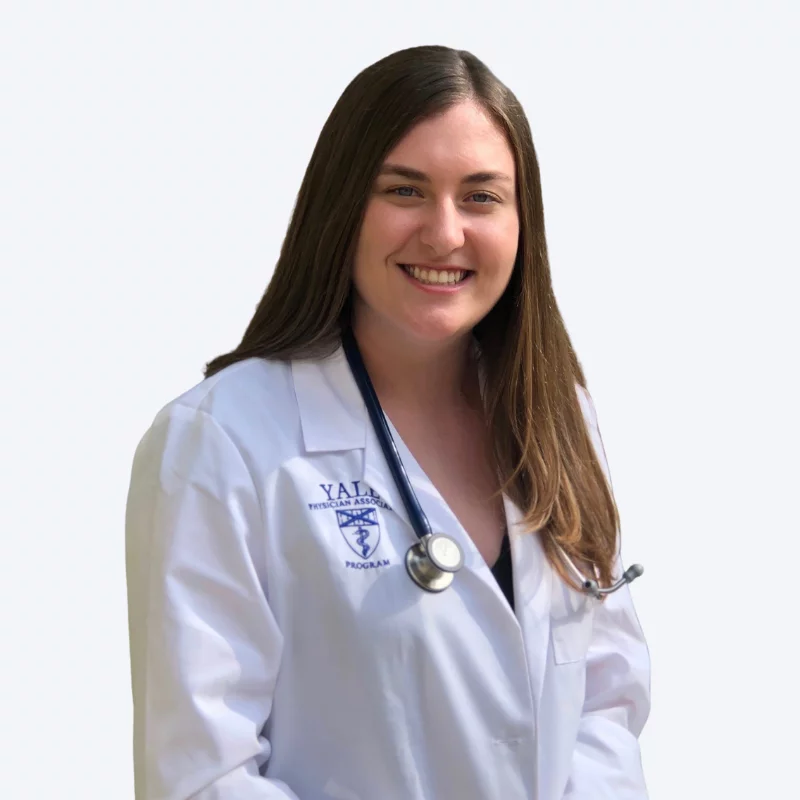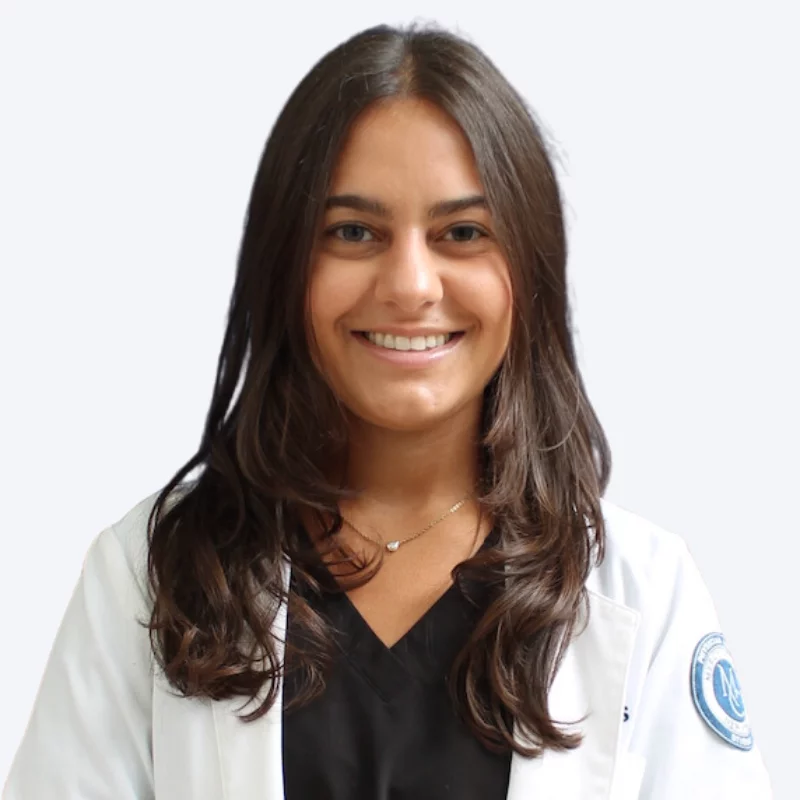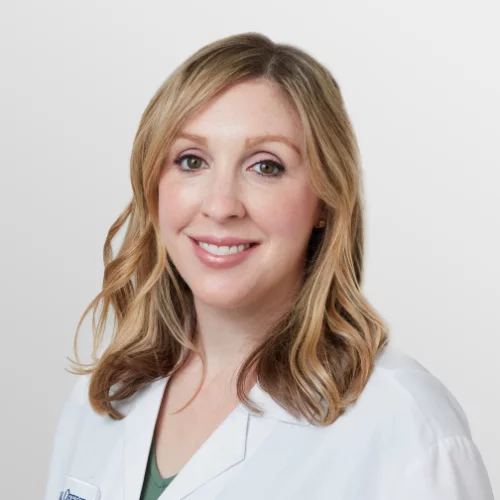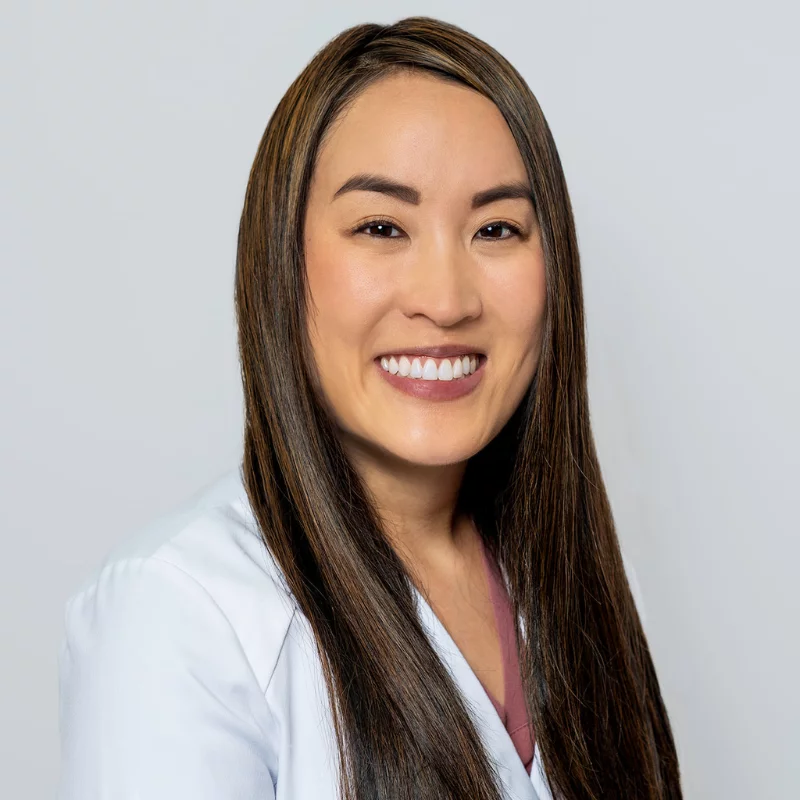Patients and referring physicians turn to Manhattan Cardiology for top-tier heart and vascular care. Whether you’re searching for a cardiologist near me or seeking one of the best heart doctors in the area, our award-winning team delivers exceptional results. We treat all types of heart disease, including:
Coronary Artery Disease
Through expert diagnosis, treatment, and prevention, our multidisciplinary team is dedicated to fighting coronary artery disease, including heart attacks, angina, peripheral artery disease, and aortic stenosis. Skilled in the newest minimally invasive techniques, our specialists partner with you and your family to design the right treatment based on your medical history, condition, and lifestyle. If you’re located in the Manhattan area and searching for a cardiologist in NYC, we offer access to some of the most advanced artery care available.
Arrhythmia
Patients worldwide with heart rhythm disorders choose Manhattan Cardiology for the skill of our cardiologists. We provide specialized diagnosis for all types of arrhythmia, from supraventricular tachycardia (SVT) to atrial fibrillation (Afib) and ventricular tachycardia.
Heart Failure
Our heart failure specialists have extensive experience providing treatment options that include medication, lifestyle modification, cardiac resynchronization therapy, and more. If you’re experiencing symptoms such as fatigue, shortness of breath, or swelling, it’s crucial to consult one of our experts in heart failure.
Valve Disease
Widely recognized for excellence in treating heart valve and aortic diseases, our doctors are known as leaders in the treatment of aortic aneurysms, aortic stenosis and regurgitation, and bicuspid, tricuspid, and pulmonary valve diseases. We provide a full diagnosis for all treatment options, including medications and procedures to repair and replace a valve.
Heart disease is the leading cause of death in the United States, responsible for a quarter of all annual deaths. While it primarily affects those over 50, lifestyle choices, blood pressure, and genetics can also contribute to developing heart and cardiovascular diseases.
Seeking guidance from a specialized physician in heart conditions is paramount for monitoring cardiac health and averting potential long-term cardiovascular complications. If you’ve recently visited a primary care physician and need a follow-up with a cardiology expert, our team is here to help.
In-person Appointments: For patients who want to schedule in-person care—from routine exams to exercise stress tests—whether you’re managing blood pressure or in need of a cardiologist near me, Manhattan Cardiology is committed to providing world-class care in a safe, comfortable environment.


